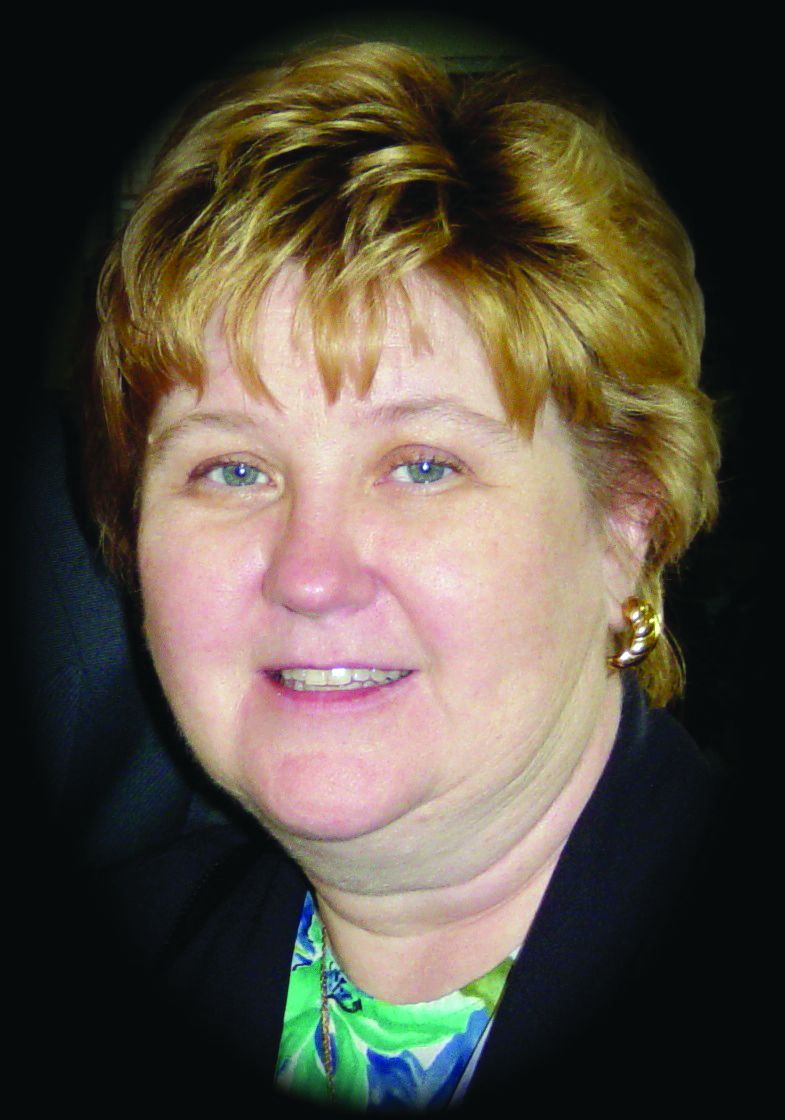User login
Postoperative delirium has a high prevalence among vascular surgery patients, increasing morbidity, mortality and length of stay (LOS),according to Rima G. Styra, MD, and her colleagues at the University of Toronto (Canada).
In Friday’s Scientific Session 5, Dr. Styra will present their prospective study, which found that there were preop risk factors for delirium that can be determined by a surgical team in order to identify high risk patients; their study also looked at the impacts of delirium on hospital costs.
She and her colleagues preoperatively assessed 173 elective vascular surgery patients for cognitive function using the Montreal Cognitive Assessment Scale (MoCA) and the Confusion Assessment Method (CAM) for postoperative delirium, which was verified by chart and clinical review.
Demographic information, medications and a history of substance abuse, psychiatric disorders, previous delirium and the surgical procedure were prospectively recorded. An accompanying retrospective chart review of an additional 434 (elective and emergency) vascular surgery patients provided supplemental cost information related to sitter use and prolonged hospitalization secondary to three factors: delirium alone, dementia alone, and delirium and dementia.
Prospective screening of 173 patients (73.4% men, mean age 69.9 years), identified that 119 (68.8%) had MoCA scores indicating cognitive impairment, with 7.5% having severe impairment (dementia). Patients who underwent amputation had significantly lower MoCA scores (15.9 out of 30) compared to open and endovascular aortic surgery patients (23.6 out of 30). The normal range for MoCA is 25-30.
The incidence of delirium was 12% in the elective cohort. Regression analysis identified significant predictors of delirium including type of surgery: lower limb amputation (OR 16.7), open aortic repair (OR 5.3), and cognitive variables: dementia (OR 5.6), and MoCA scores indicating moderate to severe impairment (OR 5.6), and previous delirium (OR 3.0).
Retrospective review of 434 patients identified differences between sitter needs for patients with delirium and dementia (mean = 13.6 days), delirium alone (3.9 days) or dementia alone (less than 1day [17.7 hours]). A total of 15 patients required more than 200 hours (8.3 days), accounting for 69.7% of sitter costs for the surgical unit. Patients with underlying dementia who developed delirium accounted for 48% of the total surgical unit sitter days.
“Postoperative delirium is predicted by type of vascular surgery, impaired cognition (MoCA), and previous delirium. Costs and morbidity related to delirium are greatest for those with impaired cognitive burden. Preoperative MoCA screening can identify those at highest risk, allowing for patient and family education regarding post-operative delirium risk, procedure modification and informed care,” Dr. Styra and her colleagues concluded.
Friday, June 22
3:30–5 p.m.
HCC, Ballroom A/B
SS26: The Impact of Pre-Operative Cognitive Impairment and Type of Vascular Surgery on Postoperative Delirium and Cost Implications
Postoperative delirium has a high prevalence among vascular surgery patients, increasing morbidity, mortality and length of stay (LOS),according to Rima G. Styra, MD, and her colleagues at the University of Toronto (Canada).
In Friday’s Scientific Session 5, Dr. Styra will present their prospective study, which found that there were preop risk factors for delirium that can be determined by a surgical team in order to identify high risk patients; their study also looked at the impacts of delirium on hospital costs.
She and her colleagues preoperatively assessed 173 elective vascular surgery patients for cognitive function using the Montreal Cognitive Assessment Scale (MoCA) and the Confusion Assessment Method (CAM) for postoperative delirium, which was verified by chart and clinical review.
Demographic information, medications and a history of substance abuse, psychiatric disorders, previous delirium and the surgical procedure were prospectively recorded. An accompanying retrospective chart review of an additional 434 (elective and emergency) vascular surgery patients provided supplemental cost information related to sitter use and prolonged hospitalization secondary to three factors: delirium alone, dementia alone, and delirium and dementia.
Prospective screening of 173 patients (73.4% men, mean age 69.9 years), identified that 119 (68.8%) had MoCA scores indicating cognitive impairment, with 7.5% having severe impairment (dementia). Patients who underwent amputation had significantly lower MoCA scores (15.9 out of 30) compared to open and endovascular aortic surgery patients (23.6 out of 30). The normal range for MoCA is 25-30.
The incidence of delirium was 12% in the elective cohort. Regression analysis identified significant predictors of delirium including type of surgery: lower limb amputation (OR 16.7), open aortic repair (OR 5.3), and cognitive variables: dementia (OR 5.6), and MoCA scores indicating moderate to severe impairment (OR 5.6), and previous delirium (OR 3.0).
Retrospective review of 434 patients identified differences between sitter needs for patients with delirium and dementia (mean = 13.6 days), delirium alone (3.9 days) or dementia alone (less than 1day [17.7 hours]). A total of 15 patients required more than 200 hours (8.3 days), accounting for 69.7% of sitter costs for the surgical unit. Patients with underlying dementia who developed delirium accounted for 48% of the total surgical unit sitter days.
“Postoperative delirium is predicted by type of vascular surgery, impaired cognition (MoCA), and previous delirium. Costs and morbidity related to delirium are greatest for those with impaired cognitive burden. Preoperative MoCA screening can identify those at highest risk, allowing for patient and family education regarding post-operative delirium risk, procedure modification and informed care,” Dr. Styra and her colleagues concluded.
Friday, June 22
3:30–5 p.m.
HCC, Ballroom A/B
SS26: The Impact of Pre-Operative Cognitive Impairment and Type of Vascular Surgery on Postoperative Delirium and Cost Implications
Postoperative delirium has a high prevalence among vascular surgery patients, increasing morbidity, mortality and length of stay (LOS),according to Rima G. Styra, MD, and her colleagues at the University of Toronto (Canada).
In Friday’s Scientific Session 5, Dr. Styra will present their prospective study, which found that there were preop risk factors for delirium that can be determined by a surgical team in order to identify high risk patients; their study also looked at the impacts of delirium on hospital costs.
She and her colleagues preoperatively assessed 173 elective vascular surgery patients for cognitive function using the Montreal Cognitive Assessment Scale (MoCA) and the Confusion Assessment Method (CAM) for postoperative delirium, which was verified by chart and clinical review.
Demographic information, medications and a history of substance abuse, psychiatric disorders, previous delirium and the surgical procedure were prospectively recorded. An accompanying retrospective chart review of an additional 434 (elective and emergency) vascular surgery patients provided supplemental cost information related to sitter use and prolonged hospitalization secondary to three factors: delirium alone, dementia alone, and delirium and dementia.
Prospective screening of 173 patients (73.4% men, mean age 69.9 years), identified that 119 (68.8%) had MoCA scores indicating cognitive impairment, with 7.5% having severe impairment (dementia). Patients who underwent amputation had significantly lower MoCA scores (15.9 out of 30) compared to open and endovascular aortic surgery patients (23.6 out of 30). The normal range for MoCA is 25-30.
The incidence of delirium was 12% in the elective cohort. Regression analysis identified significant predictors of delirium including type of surgery: lower limb amputation (OR 16.7), open aortic repair (OR 5.3), and cognitive variables: dementia (OR 5.6), and MoCA scores indicating moderate to severe impairment (OR 5.6), and previous delirium (OR 3.0).
Retrospective review of 434 patients identified differences between sitter needs for patients with delirium and dementia (mean = 13.6 days), delirium alone (3.9 days) or dementia alone (less than 1day [17.7 hours]). A total of 15 patients required more than 200 hours (8.3 days), accounting for 69.7% of sitter costs for the surgical unit. Patients with underlying dementia who developed delirium accounted for 48% of the total surgical unit sitter days.
“Postoperative delirium is predicted by type of vascular surgery, impaired cognition (MoCA), and previous delirium. Costs and morbidity related to delirium are greatest for those with impaired cognitive burden. Preoperative MoCA screening can identify those at highest risk, allowing for patient and family education regarding post-operative delirium risk, procedure modification and informed care,” Dr. Styra and her colleagues concluded.
Friday, June 22
3:30–5 p.m.
HCC, Ballroom A/B
SS26: The Impact of Pre-Operative Cognitive Impairment and Type of Vascular Surgery on Postoperative Delirium and Cost Implications

